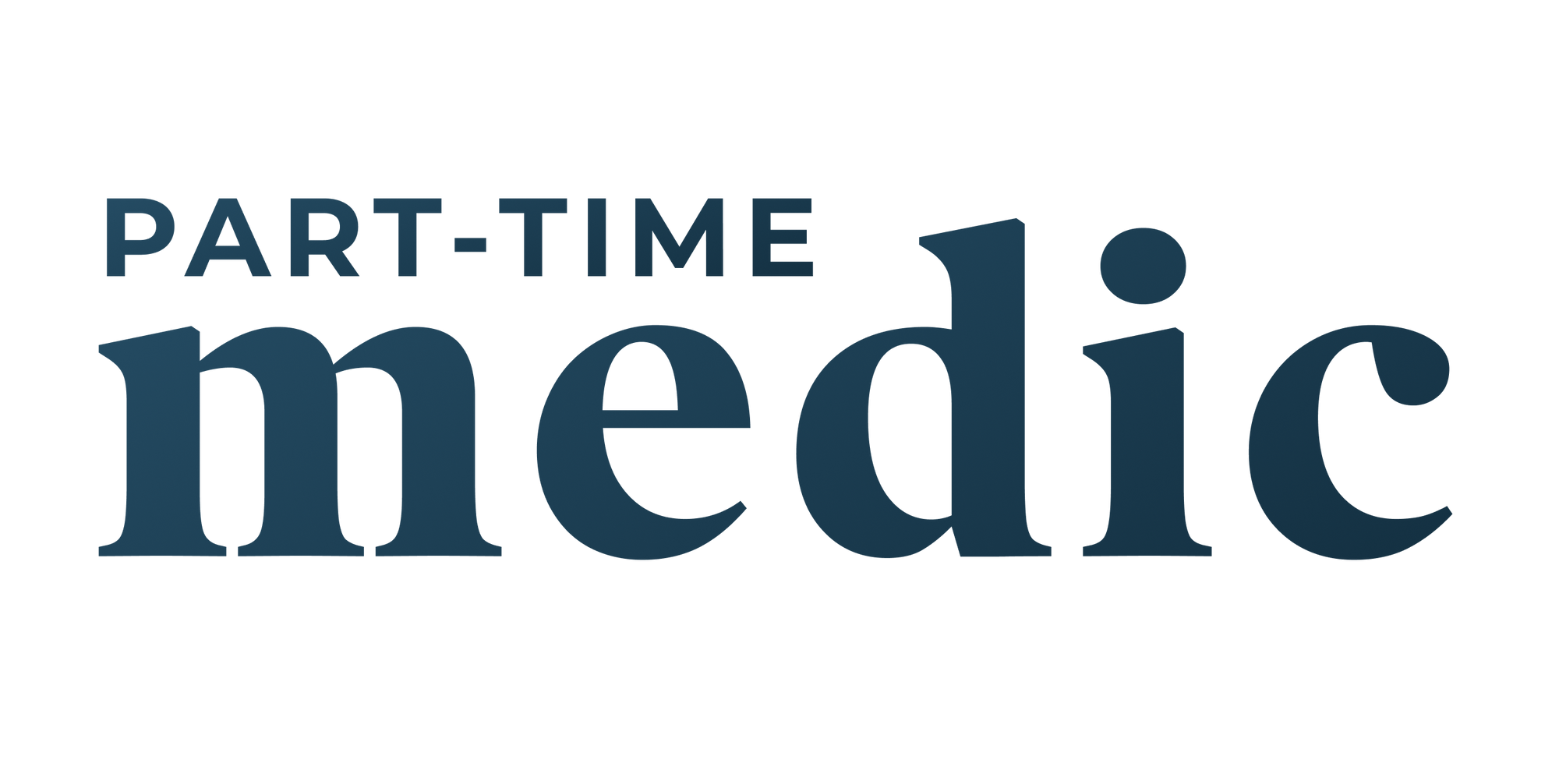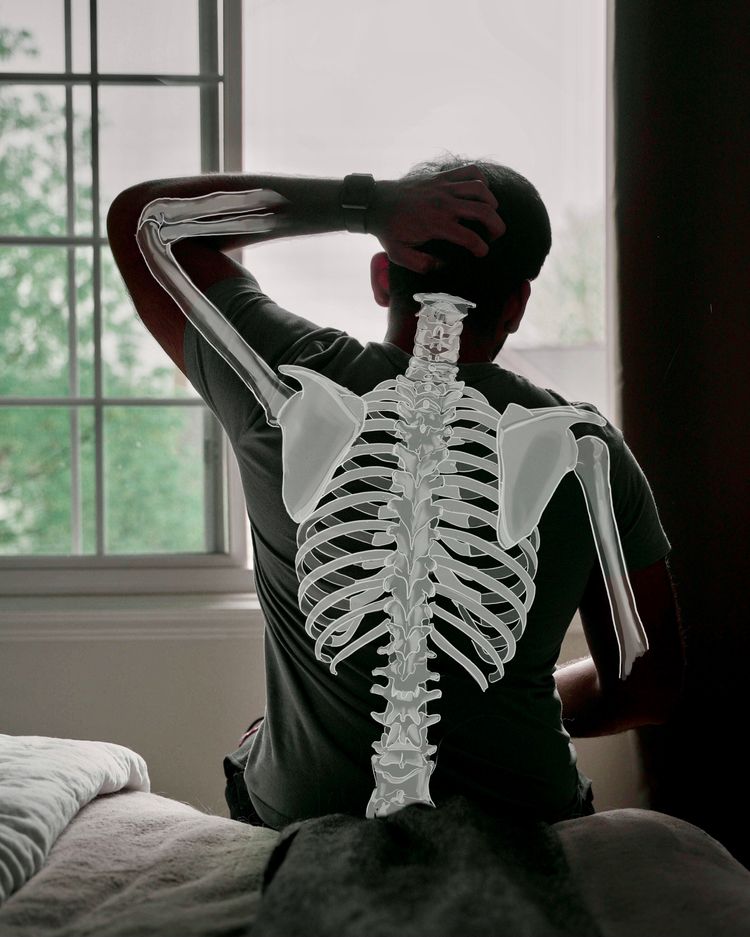If You Can't Stand On Top, Stand Out.

I had this idea in my head a few months ago and it has changed the way I go through Medicine completely. (not clickbait)
In the process of applying and getting in to medical school there are multiple points of comparison we give admissions committees (I.e. GPA, MCAT Scores, Volunteer Hours, Research Publications, etc.). These are argueably very easy metrics of comparison. Admissions committees can see which GPA is higher or who has more publications, etc.
The selection process gets even more challenging for the AdComs when you have applicants that do the same major as every other pre-med (*cough* bio majors *cough*).
You've heard it before, "with Step 1 becoming pass/fail, it's getting harder to compare applicants" because the majority of applicants look exactly the same.
The reality is when we give such explicit metrics of comparison, we kind of tie the hands of the admissions committee. When one student is objectively better than the other, it's difficult to view them holistically. Even if you did 1000 hours of research w/ one publication, if many of the other applicants did 1200 hours w/ one publication, it's easy to formulate a direct comparison.
This is where the idea of "If you can't stand on top, stand out." comes in.
It means that, if you are at the highest 5% tier of candidates (i.e. excellent academics, excellent research, etc.), then you're doing great! Keep doing exactly what you're doing, the logic of rational decision making is in your favor. When admissions committees or future employers look at you it's very obvious that you stand on top against the rest of the applications.
But if you're like the remaining 95% of the individuals who didn't make the cut, then our best bet isn't to continue to aspire for the top 5%, but instead to stand out.
When we do things different from everyone else, we remove the explicit mediums of comparison that many admissions committees and employers bank on.
- How do you compare a person who started a successful non-profit to a person who went on multiple medical mission trips?
- How do you compare a person who created inspiring social media content about work-life balance to a person who did research in basic sciences?
The point that I'm trying to get at is that, when we do stand out and follow our own interests, we not only empower ourselves to continue doing things we love, but we also support our future ambitions.
The individuals/ employers who really value research might still choose candidates with those statistics, but in an environment that is overwhelmingly filled by candidates that all look only marginally different, it's in (y)our best interest to stand out.
If you take anything away from this post it's this:
It's no bad thing to aspire to be the top as the conventional medical student, but if that's not who you are, then it's no bad thing to be the best version of of who you can be. It might even be more valuable to your career than you think.
If you’ve read this far, thank you, I appreciate you. :)





Comments ()